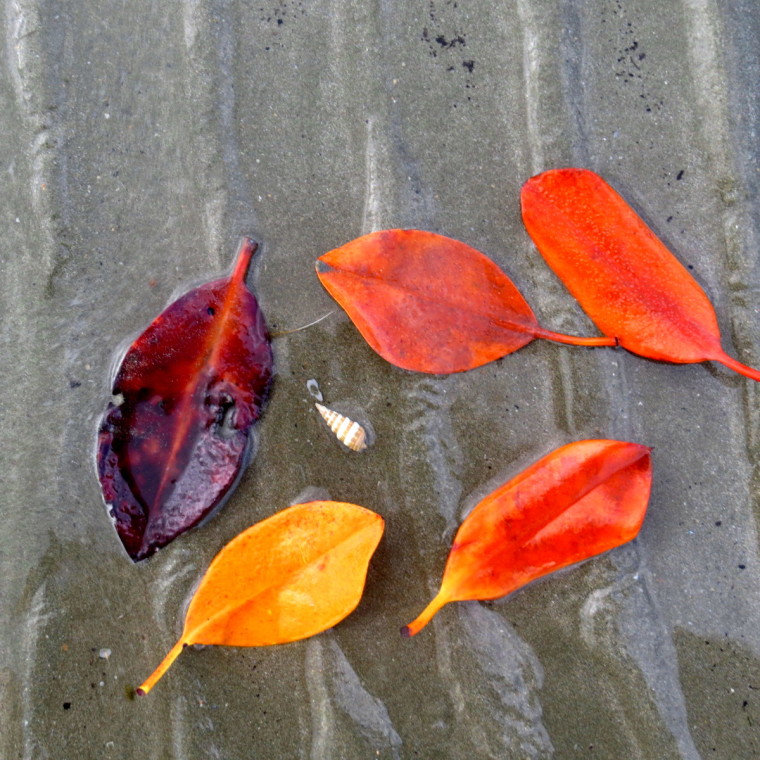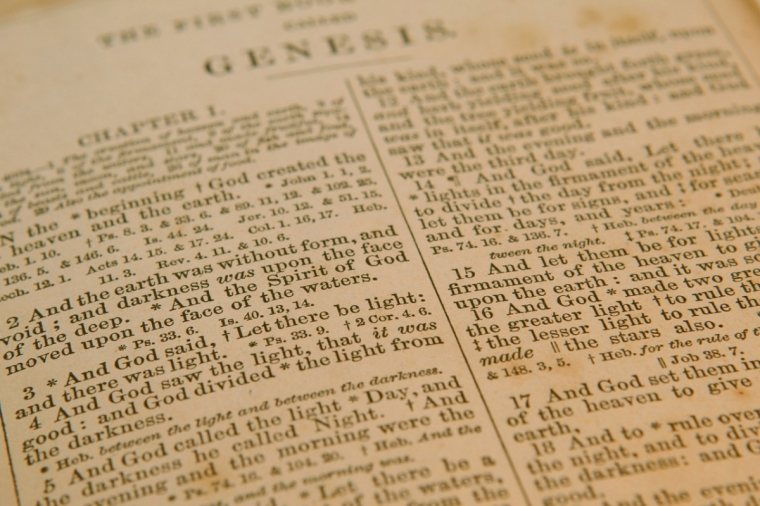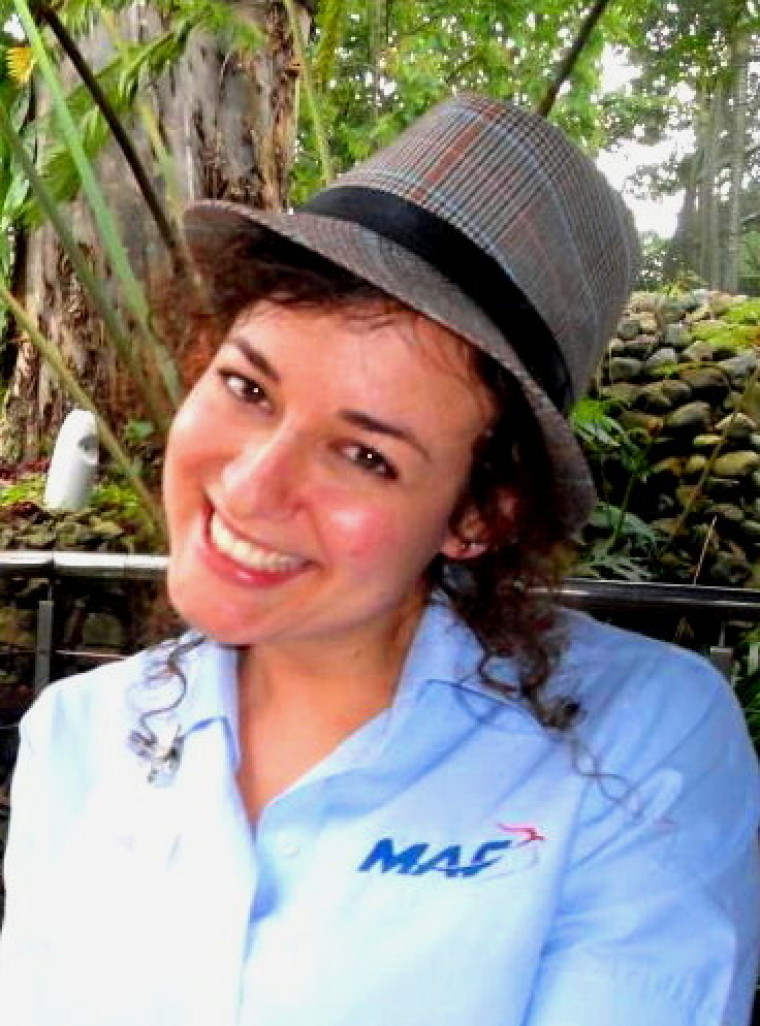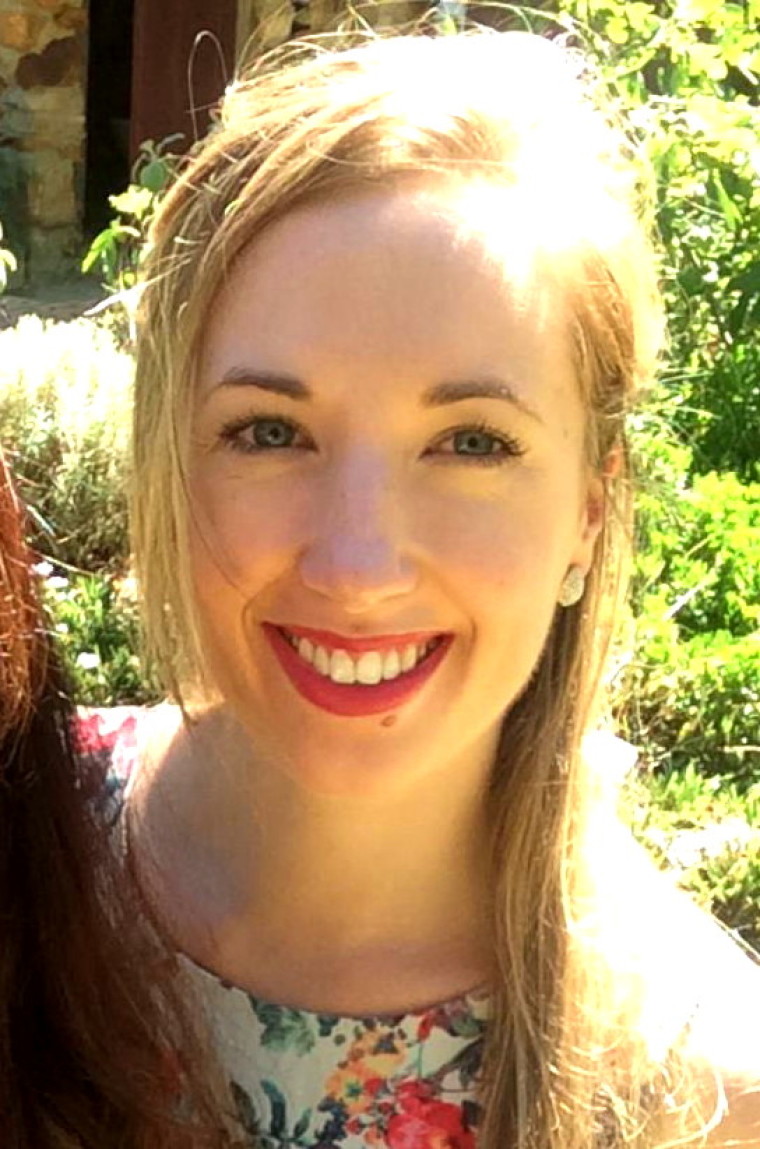

I can't believe it is "yet another" time for an end-of year roundup! Here comes the sun, here come the summer storms on the Australian east coast, here come the grand-children's school reports and photos of their Christmas concerts, here come the "best of the best" articles from our Young Writers' program ... 2016 will be here very soon.
It is therefore time again to review some of the international science prizes, and to highlight where Aussie researchers and innovators have kept their heads held high (and, following safety regulations, their lab-coats buttoned up tight.)
International Environmental Science Award
I had never heard of the International River Foundation prize before, and I certainly didn't see too many headlines that an Australian team had won. Wouldn't it have been different if it had been a sporting team or a pop-music band who won an international prize? But early one morning, I did hear on the ABC radio news that the Lake Eyre Partnership had won this prize for preservation of the iconic Cooper's Creek.
Not only did this team of Australian environmentalists beat some really noteworthy projects in Austria, Jordan and Palestine; but it is the very first time the prize has been awarded for the conservation of a whole river system - the Cooper, Diamantina and Georgina rivers and Lake Eyre basin. The winning Partnership involves indigenous communities, conservation groups, landholders, tourist interests, scientists and oil and gas explorers, forming the Basin Advisory Committee and a scientific advisory committee. Both of these advise government policy about irrigation and the use of water for all forms of human activities.
Dr Richard Kingsford of the University of New South Wales said: "So this is a real example of prevention being better than cure and that is the real message that comes out of us winning this."
The $300,000 prizemoney will be used to fund programs to manage the water supply on the ground, ensuring community consultation and program evaluation at all stages, with the knowledge that this is a fragile desert system with variable weather events involving both "droughts and flooding rains".
Job chapter 12, verses 7-10: "But ask the animals, and they will teach you, or the birds of the air, and they will tell you; or speak to the earth, and it will teach you, or let the fish of the sea inform you. Which of all these does not know that the hand of the LORD has done this? In his hand is the life of every creature and the breath of all mankind."

These are a disparate group of prizes, donated by a range of organisations, that are only for Australians. For me, three of the highlights were:
- Professor Graham Farquar AO for long-term work on photosynthesis in plants, and its application in breeding more efficient wheat varieties;
- Dr Jane Elith – an early career researcher – who is cataloguing the animals in Australia and trying to determine a policy of which to conserve, and which to control;
and, as I have often advocated teaching science to tiny kids,
- Mrs Rebecca Johnson for Excellence in Science Teaching in Primary Schools. At Windaroo State School in outer suburban Brisbane, Qld, she has set up a dedicated science room and also a garden, where she and her partner take science lessons for every class in the school. She has also written a series of children's books about a 10-yr-old wanting to be a vet ("Juliet, Nearly a Vet")
These are prizes named after Alfred Nobel's *fictitious* brother, Iggy. They are awarded by the organisation called "Improbably Research" to scientific studies that make people laugh, then think.
Rather ignobly, Australians were featured this year for the chemistry prize, for inventing a way to unboil an egg (about which I wrote last February.
A few of the other interesting winners were:
- the biology prize, which showed that all animals, no matter their size, empty their bladders in an average time of 21 seconds;
- the diagnostic medicine prize for determining that acute appendicitis can be accurately diagnosed by the amount of pain the patient is suffering when driven over speed bumps; and
- the medicine prize for studying the biomedical consequences of intense kissing (apparently there are pluses and minuses).

Nobel Prizes – the crème de la crème of science
Despite the nominations of chemists Ezio Rizzardo and Dr San Thang of CSIRO who work on "intelligent polymers", and the hope they will win a Nobel sometime soon, no Australians were on this list this year.
It is, however, interesting to comment on the range of topics which won this most prestigious award.
- For physics, it was for the discovery that enigmatic sub-atomic particles called neutrinos (smaller than atoms, smaller than electrons) actually have mass – albeit a very, very tiny mass such that it has taken physicists a long time to be able to determine it;
- for chemistry, for the determination of how the DNA in our cells repairs itself when it is damaged; and
- for medicine, the discovery of two different ways of controlling parasitic diseases (roundworm and malaria) using naturally-derived medicines from plants.
To me, reading about these prizes and the hard work that goes into the scientific discoveries that lead to them, gives me hope that the next generation will continue to help us improve our lives, despite the sad events that are often highlighted in the news.
James chapter 1, verse 12 epitomises the value of awarding prizes: "Blessed is a man who perseveres under trial; for once he has been approved, he will receive the crown of life which the Lord has promised to those who love Him."

Dr Mark Tronson is a Baptist minister (retired) who served as the Australian cricket team chaplain for 17 years (2000 ret) and established Life After Cricket in 2001. He was recognised by the Olympic Ministry Medal in 2009 presented by Carl Lewis Olympian of the Century. He mentors young writers and has written 24 books, and enjoys writing. He is married to Delma, with four adult children and grand-children.
Mark Tronson's archive of articles can be viewed at http://www.pressserviceinternational.org/mark-tronson.html